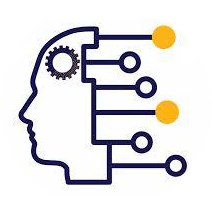

Sono pienamente d’accordo con l’idea che le ‘stabelcoin’ non hanno alcuna funzione chiaramente utile. Non ho mai capito a cosa servano queste forme di denaro.
Ma tutte queste ‘Trump coin’ non sono affatto criptovalute. Si tratta di sistemi altamente centralizzati che non hanno nulla a che fare con l’idea di blockchain. Quale meccanismo di consenso impiegano? Quale rete utilizzano? Per quanto ne so, tutto questo rimane nell’oscurità.
Quindi, con tutto il rispetto, non sono d’accordo con l’idea di “chiamare le criptovalute con il loro vero nome”.
Ritengo che le monete complementari (non necessariamente in esecuzione su una blockchain, anche se sembra essere una tecnologia utile per questo) possa risolvere molti problemi se lo usiamo come mezzo di pagamento piuttosto che come mezzo di investimento.
Dipende da come noi umani la usiamo. La tecnologia o il denaro non possono mai essere “criminali”. Come dico sempre: Non è l’arma a commettere il crimine, ma la persona che preme il grilletto.
























Nelle Isole Salomone nel Pacifico è stato esportato il primo progetto pilota di sorveglianza cinese noto come “fengqiao”, avviato per la prima volta negli anni ’60 per scoprire i “nemici di classe”. Oggi il “fengqiao” consiste nella raccolta di impronte digitali e dati personali. La polizia cinese aveva anche promosso il fengqiao in visita a 16 villaggi a Malaita, la più grande provincia delle Isole Salomone con una storia di proteste anti-Cina.
E questo non basta: Negli ultimi mesi la polizia cinese ha anche fatto visita alle Isole Salomone per far familiarizzare i bambini con i droni di sorveglianza attraverso giochi.
Articolo originale in inglese.